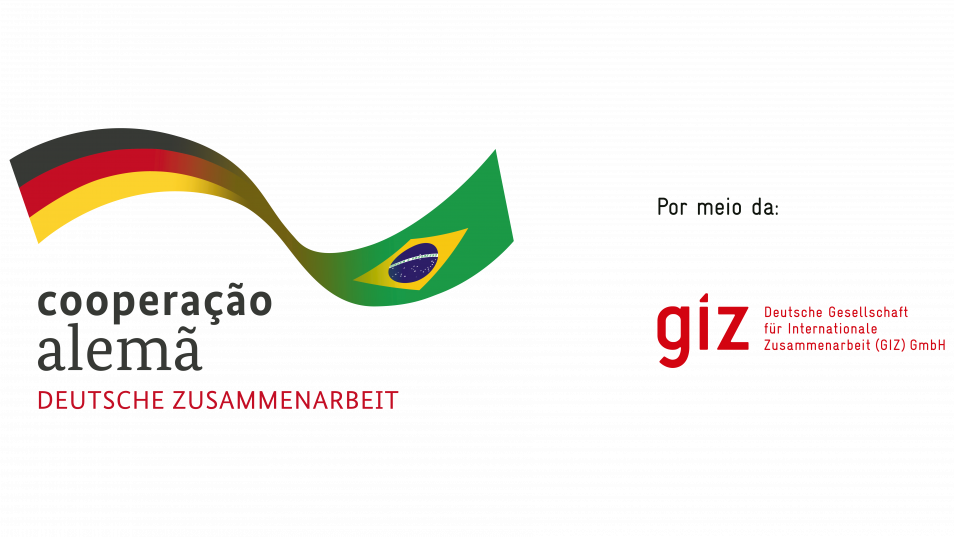GIZ

For 60 years, Brazil and Germany have been talking about forms of development that embrace economic growth, social inclusion, and the conservation of Brazil’s invaluable natural heritage.
This mutual collaboration was called the Brazil-Germany Cooperation for Sustainable Development – a body of work that came into being through initiatives between the German government and small Brazilian cooperatives in the 60s and 70s, and became a strong partnership between the two countries encompassing actions by governments, companies and the civil society.
Brazil is the 13th largest economy in the world and occupies almost half of the territory of South America. It has 20% of the species of animals and plants in the world, what makes it the country with the greatest biodiversity on the planet. There are more than 116,000 animal species and more than 46,000 plant species known in the country, spread across six terrestrial biomes and three major marine ecosystems, according to data from the Brazilian government.
One of the pillars of Cooperation is the protection and sustainable use of these resources, which plays an important role in the search for new forms of development, capable of protecting the climate and contributing to the balance of ecosystems on the planet. Brazil’s unique ability to produce clean energy also places the drive for renewable sources and energy efficiency at the heart of this partnership.
The Brazil-Germany Cooperation takes place from north to south of the country, either in the countryside or in large cities; supporting small producers or training young people for the jobs of the future; protecting traditional communities or developing cutting-edge technology. The purpose is always the same: to transform the present and build a fairer and more sustainable future.

